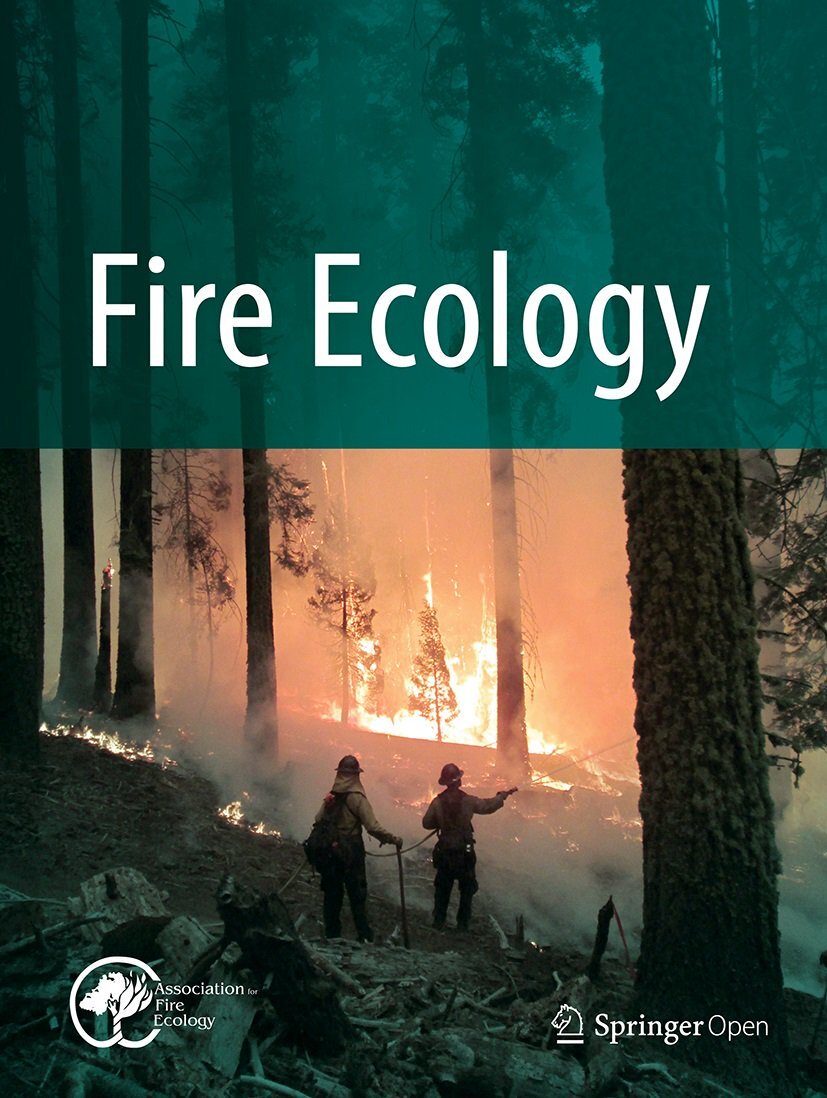Job Type: Full-time, on-site
Location: Lahaina, Maui, HI
Salary: $5,286-$5,498/month
Application Due Date: July 23, 2025
Job Description:
Regular, Full-Time, RCUH Non-Civil Service position with the Pacific Cooperative Studies Unit (PCSU), Mauna Kahalawai Watershed Partnership (MKWP) located Lahaina, Maui, Hawai‘i. Continuation of employment is dependent upon program/operational needs, satisfactory work performance, availability of funds, and compliance with applicable Federal/State laws. This position involves regular field work in remote and challenging terrain to implement wildfire mitigation and recovery strategies. The overarching aim of this position is to reduce landscape level watershed threats from wildfire within and around the 50,000-acre watershed project area.
Responsibilities:
Manages, plans, implements, coordinates, and facilitates wildland fire prevention and mitigation programs under the guidance of the Mauna Kahalawai Watershed Partnership (MKWP) Program Manager and the MKWP Watershed Management Plan.
Works as part of a team to serve the MKWP mission to reverse the negative trend of forest degradation caused by threats such as invasive species, human impacts, and especially, wildfire.
Lead and support on-the-ground actions such as vegetation control (manual and chemical), construction of fire and fuel breaks, and other landscape-level wildfire prevention efforts.
Travel to field sites—by vehicle or air is required.
Works with MKWP landowning partners, NGOs, the County of Maui Fire Department, State of Hawaii Division of Forestry and Wildlife, other agencies, landowners, contractors and MKWP staff to implement and update plans and actions.
Represents MKWP and helps coordinate and attend meetings involving strategies to mitigate wildfire threats, define priorities and enhance collaboration.
Writes and manages grants to support partnership planned priorities and hires personnel.
Develops and implements post fire rehabilitation plans and strategies.
Maintains spatial data in GIS and produces map products.
Produces reports for internal and grant requirements.
Fieldwork requires working with herbicides, working in and around helicopters.
This position is not involved or exposed to direct fire line suppression operations.
Primary Qualifications:
Education: Master’s Degree from an accredited college or university in Biology, Natural Science, or related field (Bachelor’s Degree from an accredited four (4) year college or university in Biological or Environmental Sciences, Forestry, Wildfire Science or related field and an additional two (2) years of related work experience may substitute for a Master’s Degree).
Experience: One to three (1-3) years of experience in natural resource management, fire prevention planning, or environmental outreach. Experience must include grant writing, budget formulation and project management.
Knowledge: Knowledge of wildland fire, invasive species and control methods. Knowledge of using word processing software including Microsoft Office programs (e.g., Excel, PowerPoint, Word, or other). Knowledge of GIS and data management.
Abilities and Skills: Ability to communicate effectively to individuals and groups both orally and in writing, and present a positive public image. Good interpersonal skills. Ability to adapt to changing situations, take the initiative, come up with innovative approaches to educating the public about wildland fire, and be willing to implement mitigation projects and educational and community events with a high degree of professionalism. Ability to work independently and as part of a team, prioritize and schedule time, and effectively communicate scheduling. Ability to craft media releases and outreach materials. Ability to safely apply pesticides, use power tools, and hand tools (e.g., weed whackers and sickles). Ability to use a GPS to take waypoints and track files. Ability to take detailed field notes and collect data by hand or on smart devices. Ability to coordinate and work with agency, landowner and volunteer groups. Must possess a valid driver’s license (and if use of personal vehicle on the job is required, must also have valid personal driver’s insurance equivalent to Hawai‘i’s No-Fault Driver’s Insurance) and maintain throughout the duration of employment. Must be able to drive a 4-wheel drive vehicle with automatic transmission. Post Offer/Employment Condition: Must be able to pass a post offer criminal background check. Must possess Certification in First Aid/CPR (or be able to obtain the certificate following the training provided within three (3) months from date of hire) and maintain throughout duration of employment. Must be able to complete basic helicopter safety course within 12 months from date of hire. Must complete online Hazard Communication Training immediately after hire or no later after the employee’s initial exposure to chemicals. If selected for use of chainsaws, must submit chainsaw training certification to PCSU prior to activity.
Physical/Medical Demands: Must be able to lift and carry up to fifty (50) pounds unassisted. Must be able to hike long distances (up to five (5) miles) over steep and rugged terrain in typically hot and dry environments, which may sometimes be cold, wet, and muddy.
Policy/Regulatory Requirement: As a condition of employment, employee will be subject to all applicable RCUH policies, procedures, and trainings and, as applicable, subject to University of Hawai‘i's and/or business entity's policies, procedures, and trainings. Violation of RCUH's, UH's, or business entity's policies and/or procedures or applicable State or Federal laws and/or regulations may lead to disciplinary action (including, but not limited to possible termination of employment, personal fines, civil and/or criminal penalties, etc.).
Secondary Qualifications:
Certification and experience in the safe use of chainsaws to remove shrubs and trees.
Knowledge of Hawaiian culture.
Experience with native Hawaiian flora, and fauna.
Knowledge of and experience using desktop publishing software, such as Adobe graphic design programs (InDesign, Photoshop), Canva or similar.
Familiarity with ESRI GIS software.
Masters in Fire Science or related degree.
Experience working with communities to become Firewise communities.
Experience wildland fire suppression strategies and fire ecology.
See the “Learn More” link below for more information.

